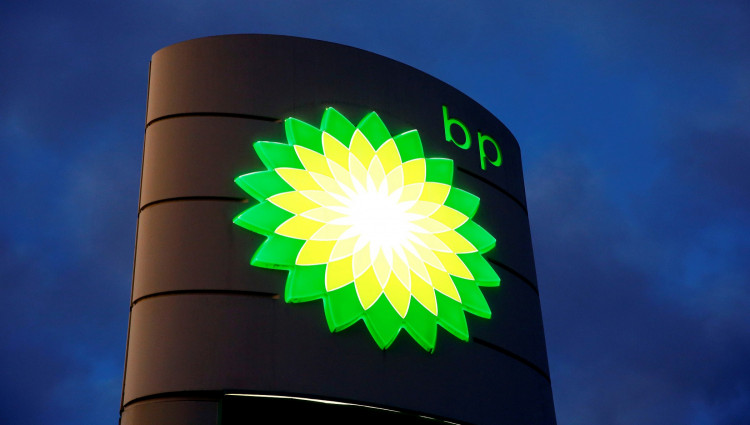BP plc, one of the world's seven oil and gas supermajors, on Tuesday reported a sharp 21% plunge in its replacement cost (RC) -- the term BP uses for net income -- for 2019 largely due to weak oil prices.
The fall took BP's annual profit for 2019 to $9.99 billion compared to the $12.72 billion posted in 2018. Analysts were anticipating full-year net profit to sink to $9.7 billion in 2019, according to data from Refinitiv.
Fourth quarter results for BP were equally weak. The company's RC fell 26 percent to $2.57 billion due to lower oil and gas prices. The RC, however, was better than the $2.1 billion analysts had been expecting. Profit attributable to BP shareholders tumbled.
BP continues to be battered by a "challenging macroeconomic" situation that's seen oil prices plunge to an average of $64 in 2019, down from $71 in 2018. The oil price situation for the first quarter of 2020 looks equally bleak as the ongoing Novel coronavirus (2019-nCoV) outbreak that began in China in December 2019 is expected to cut oil demand by 500,000 barrels per day (bpd).
Industry analysts said BP's full-year results mirrors those reported by other members of the "Seven Sisters" and other oil and gas companies on both sides of the Atlantic. Netherlands-based oil and gas giant Royal Dutch Shell plc reported a significant fall in full-year 2019 net profit late last week. Also reporting weaker than expected results were Chevron Corporation and Exxon Mobil Corporation. France's Total S.A. is scheduled to report its latest quarterly earnings on February 6.
"BP is performing well, with safe and reliable operations, continued strategic progress and strong cash delivery," said Bob Dudley, CEO of BP, who sstepped down as CEO on Feb. 4, the same day he made this statement. CFO Bernard Looney replaced Dudley, who has spent 40 years ith BP
"After almost ten years, this is now my last quarter as CEO. In that time, we have achieved a huge amount together and I am proud to be handing over a safer and stronger BP to Bernard and his team."
"I am confident that under their leadership, BP will continue to successfully navigate the rapidly-changing energy landscape," said Dudley.
The International Energy Agency (IEA) previously predicted oil demand to grow by 1.2 million bpd this year. A reduction of up to 500,000 bpd due to the coronavirus will still leave demand growth "healthy" at 700,000 to 800,000 bpd.
"I think, in terms of price direction, all roads will then lead to what OPEC will do in terms of trying to rebalance the system to get back to something around $60 to $65 a barrel," said BP CFO Brian Gilvary.
OPEC and its allies are open to cutting their oil output by a further 500,000 bpd this year, according to reliable sources cited by Reuters.





